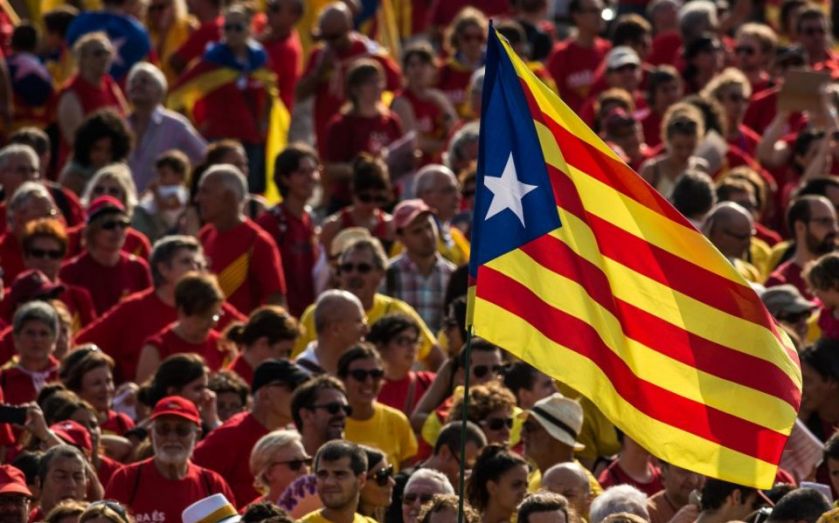| Updated:
Catalan independence vote: Does it mean anything?

It was dismissed by Spain’s central government as “useless”, but the population of Catalonia nevertheless went to the polls yesterday to vote on whether the region should become independent.
Voters were asked two questions: firstly, whether they wanted Catalonia to be a state, and secondly, whether they wanted the state to be independent.
According to Catalan vice president Joana Ortega, more than 40 per cent of the local population took part in the vote, with 80.72 per cent answering “yes” to both questions, while 10 per cent voted in favour of just the first. Just 4.5 per cent answered no to both.
What does it mean for Spain as a whole? The country’s government and population have both been vocal in their opposition to an independent Catalonia. That’s partly because the region, which has 7.5 million residents – 16 per cent of the Spanish population – accounts for about a fifth of Spanish GDP.
Barcelona, one of Spain’s richest cities, is located in the region, and some of its largest companies, including Caixabank, the Mango clothing chain and Seat, the car manufacturer, are headquartered there. With national unemployment still nudging 25 per cent, it’s hardly surprising that the majority of Spaniards are against Catalonian independence.
Formally, the vote means very little – but analysts point out that with that sort of consensus, Catalan leader Artur Mas might hold more sway when it comes to negotiating with the Spanish government.
BNP Paribas analyst Victor Echevarria says the overwhelming result “may make a negotiated solution easier”.
The central government has already signalled that it is willing to negotiate [with Mas]. Such negotiations will probably involve greater self-rule in Catalonia, particularly regarding tax policy.
The concern is how the rest of Spain’s 47m-strong population will take it if their government does enter into negotiations with Mas.
For Spanish politics as a whole, this means that the Catalan issue has not gone away, and could force the Conservative government into negotiations with Mas, which could be costly in terms of support in other regions.
What’s for sure is that political uncertainty is likely to get worse in a country already beset by anaemic economic recovery. With a general election planned for next November, the next year is likely to be tough for the Spanish government.